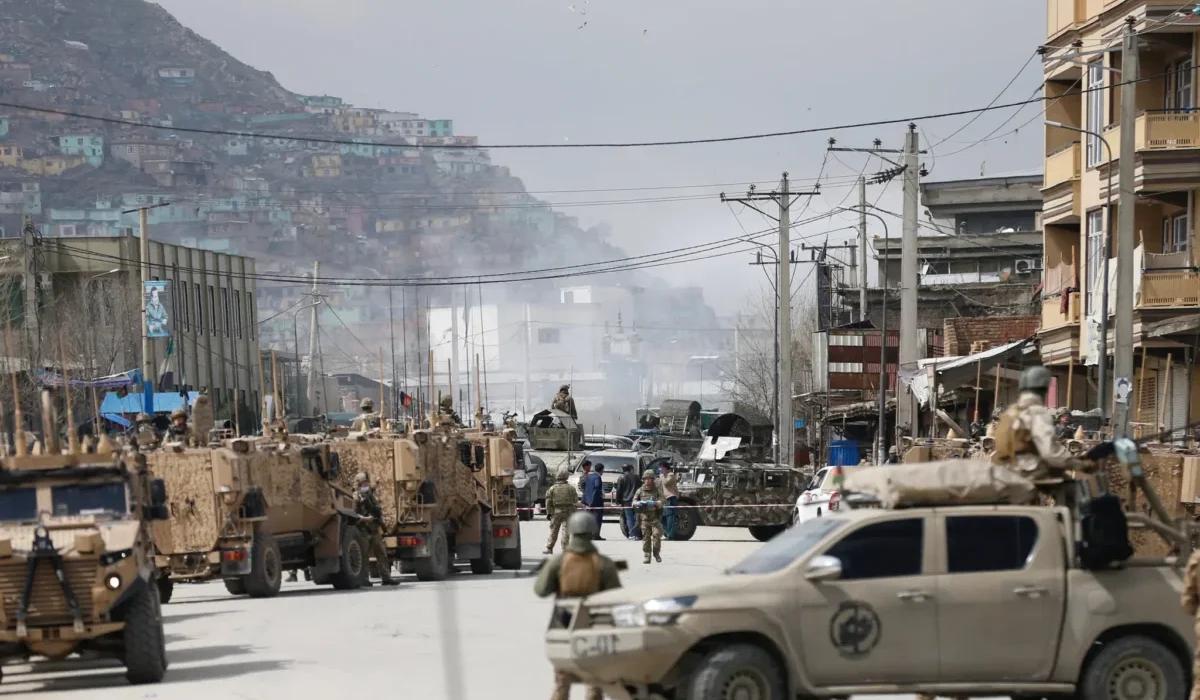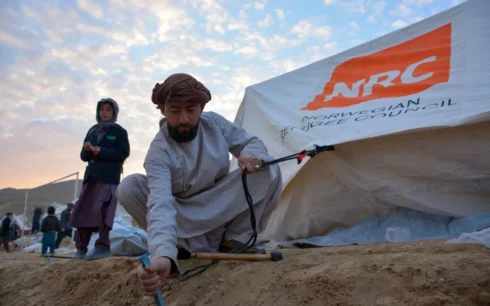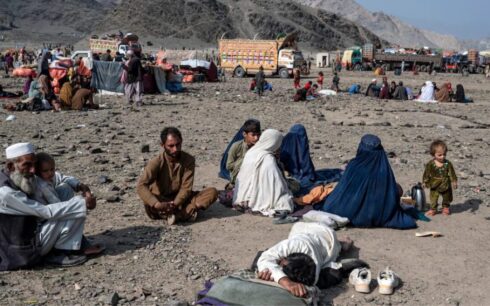KABUL, Afghanistan — Tuesday marked the fifth anniversary of a deadly assault on a Sikh temple in Kabul that killed 26 people and injured eight others. Daesh claimed responsibility for the 2020 attack, one of the deadliest in recent memory against Afghanistan’s Sikh minority.
Five years on, rights activists and analysts say that religious extremism has only deepened under Taliban rule, and that religious minorities remain targets of discrimination, harassment and violence.
On the morning of March 25, 2020, the stillness of Kabul’s historic Shor Bazaar district was shattered by gunfire and explosions. A suicide attacker stormed the Gurdwara Har Rai Sahib, a Sikh house of worship, and engaged in a firefight with security forces that lasted more than six hours. Among the dead were women and children.
The attack left a deep scar on Afghanistan’s dwindling Sikh population. Since the Taliban regained control of the country in August 2021, further violence has continued to drive members of the community into exile. By some estimates, fewer than 300 Sikhs remained in the country following the takeover. Over the past three years, the community has faced at least three additional attacks.
A pattern of violence under Taliban rule
October 5, 2021: Attack on the central Sikh temple in Kabul
June 18, 2022: Attack on a Gurdwara in Kabul
December 3, 2022: Explosion at a Sikh-owned shop in Jalalabad
Following the 2022 Gurdwara attack, the Indian government issued emergency visas for Afghan Sikhs and Hindus, facilitating the evacuation of many survivors. Most of Afghanistan’s remaining Sikh families have since emigrated.
Civil society groups say that religious minorities, especially under Taliban rule, continue to face systemic persecution.
“Religious extremism is rampant in Afghanistan,” said Moulouda Tawanah, a women’s rights activist. “Sikhs are among its primary victims. Even during the republic, they were targets of deadly attacks. Now, under Taliban rule, they are living in the worst conditions imaginable. Not only are they not protected, but efforts are underway to pressure them to leave the country.”
Some Afghan citizens echoed those concerns, calling on the international community to intervene.
“As people of a different faith, we have always been targeted — in mosques, in schools, in classrooms,” said Zahra, a resident of Farah Province. “This situation terrifies us. We ask the global community to help us escape this fate.”
Last week, Human Rights Watch reported that religious freedom in Afghanistan has been significantly curtailed over the past three years. Religious minorities, especially those who dissent from the Taliban’s official interpretation of Islam, face mounting threats, the group said.
Sikhs have lived in Afghanistan for centuries. As recently as the 1990s, there were more than 250,000 Sikh and Hindu families living across several provinces. But decades of civil war, targeted violence and systemic discrimination forced many to flee. In recent years, worsening insecurity and repeated attacks have brought the community to the brink of extinction.
Today, the presence of Afghan Sikhs is nearly erased.





